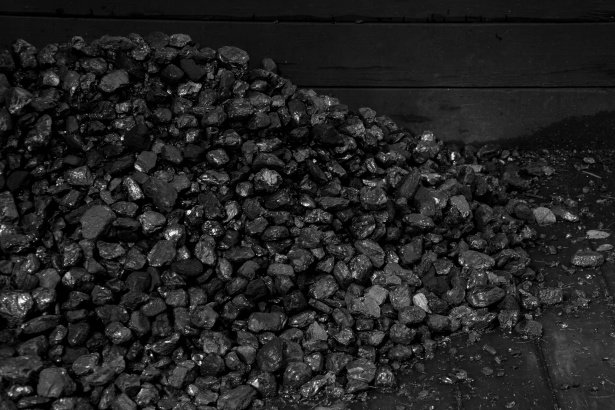
Public Domain Pictures
A manager of a Shanghai trading company, which usually bought about 400,000 tons of Australian coal per month, said that the company stopped ordering coal from Australia, since it is not known how long the restriction will last. Dozens of Australian ships loaded with coal are staying in the main Chinese ports, according to the Australian Broadcasting Company (ABC). Australian companies are “deeply concerned” by the limitations and uncertainties, according to Tania Constable, the general director of the Australian Minerals Council. According to her, this is an informal quota system for coal supplies, which has been used by China since 2018.
China is the main consumer of coal in the world and the largest importer (about 19% of world imports). Australia is its main supplier. At the same time, the demand for Russian and Indonesian coal in China remains high today, Reuters writes. Coal mining in Mongolia (the second largest supplier to China) is controlled by Chinese companies.
The current situation proves the tense relations between China and Australia, reports Bloomberg, citing sources in the PRC industry bodies. In recent months, Australia has rejected a number of Chinese proposals for several mergers and acquisitions, limited investment in technology, and agreed to work with the United States at a naval base in Papua New Guinea, which is viewed as a direct opposition to China’s influence in the Pacific, Bloomberg lists.
At the same time, China is determined to control the import of coal and so the country decided to start with Australia, said Chief Analyst at China Coal Resource. Restrictions on the import of Australian coal can be explained by the need to regulate the price of coal in the domestic market of China, ABC writes.
Regular inspections of coal enterprises in China due to frequent accidents lead to a restriction of coal production inside the PRC, another interlocutor at a large coal company points out. In addition, due to the restructuring of China’s coal industry, it is expected that in five years coking coal production in the country will decline by about 10% from the current level.
source: reuters.com, bloomberg.com, abc.net.au
China is the main consumer of coal in the world and the largest importer (about 19% of world imports). Australia is its main supplier. At the same time, the demand for Russian and Indonesian coal in China remains high today, Reuters writes. Coal mining in Mongolia (the second largest supplier to China) is controlled by Chinese companies.
The current situation proves the tense relations between China and Australia, reports Bloomberg, citing sources in the PRC industry bodies. In recent months, Australia has rejected a number of Chinese proposals for several mergers and acquisitions, limited investment in technology, and agreed to work with the United States at a naval base in Papua New Guinea, which is viewed as a direct opposition to China’s influence in the Pacific, Bloomberg lists.
At the same time, China is determined to control the import of coal and so the country decided to start with Australia, said Chief Analyst at China Coal Resource. Restrictions on the import of Australian coal can be explained by the need to regulate the price of coal in the domestic market of China, ABC writes.
Regular inspections of coal enterprises in China due to frequent accidents lead to a restriction of coal production inside the PRC, another interlocutor at a large coal company points out. In addition, due to the restructuring of China’s coal industry, it is expected that in five years coking coal production in the country will decline by about 10% from the current level.
source: reuters.com, bloomberg.com, abc.net.au


















